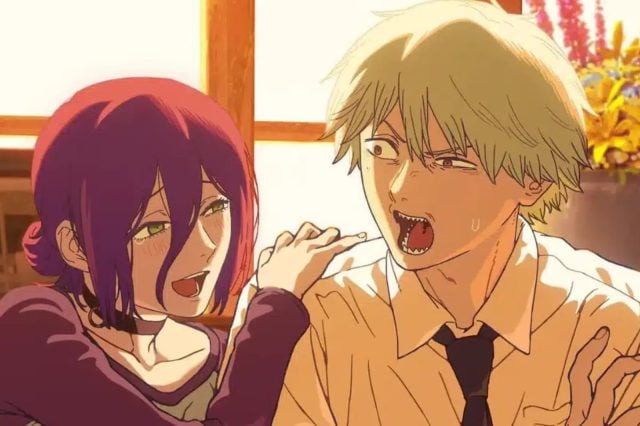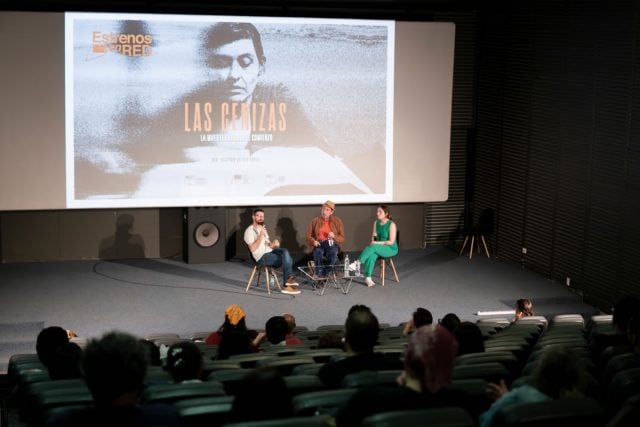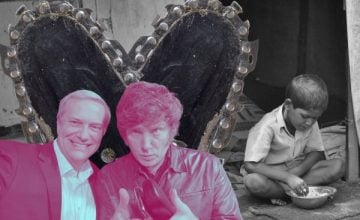Original article: Crítica de Cine: «Chainsaw Man, El arco de Reze» es puro corazón
By Ernesto Garrat
«Chainsaw Man: The Reze Arc» is a film. A proper one. Not a children’s adventure. No. This is serious cinema. For the masses. But seriously. With dopamine-inducing animation. Vibrant. Stimulating. As if the cinema screen transforms into a carousel, a scrolling feed spilled outward, projected into the vastness of a movie theater.
I say this to help explain how a Japanese animated film, anime, has the audacity to become the number one movie in the world, including the United States, where it grossed over $100 million during its opening weekend.
100.
ONE HUNDRED.
C-O-O-N-H-U-N-D-R-E-D.
The phenomenon of anime and manga is not a fleeting trend or a passing bird. It’s decades of development in Western tastes. Decades of incubation. From Candy to the Robot Festival. From Akira to Ghost in the Shell. From Ghibli to Totoro. From Princess Mononoke to Dragon Ball. From Sailor Moon to Evangelion. From Cowboy Bebop to Attack on Titan. From One Piece to so much more.
And here we are.
In Japan, the manga and anime business generates over $27.5 billion annually.
And the industry continues to grow. The Japanese anime market is projected to reach $20.38 billion by 2033, while the manga market could surpass $18.37 billion in the same timeframe.
«Chainsaw Man: The Reze Arc» may not possess the majesty and grandeur of the greatest anime of all time: «Akira» from 1988, a cornerstone not only of animation but of cyberpunk cinema and the foreshadowing of the 20th century into the 21st.
However, «Chainsaw Man: The Reze Arc» perfectly translates the sign of the times: it tells the story of Denji, a human boy who, according to the series on which this film is based (itself adapted from a manga), has been left to fend for himself in a libertarian world reminiscent of Argentina under Milei. A world devoid of compassion and threatened by demonic forces.
In the TV series, we see how Denji has to sell several of his organs to survive and pay off his debt, including an eye, and it’s impossible not to connect this reality with Milei’s proposal to sell organs «like any other market.» In this context, Denji’s only dream is to have a place to sleep and food to eat every day.
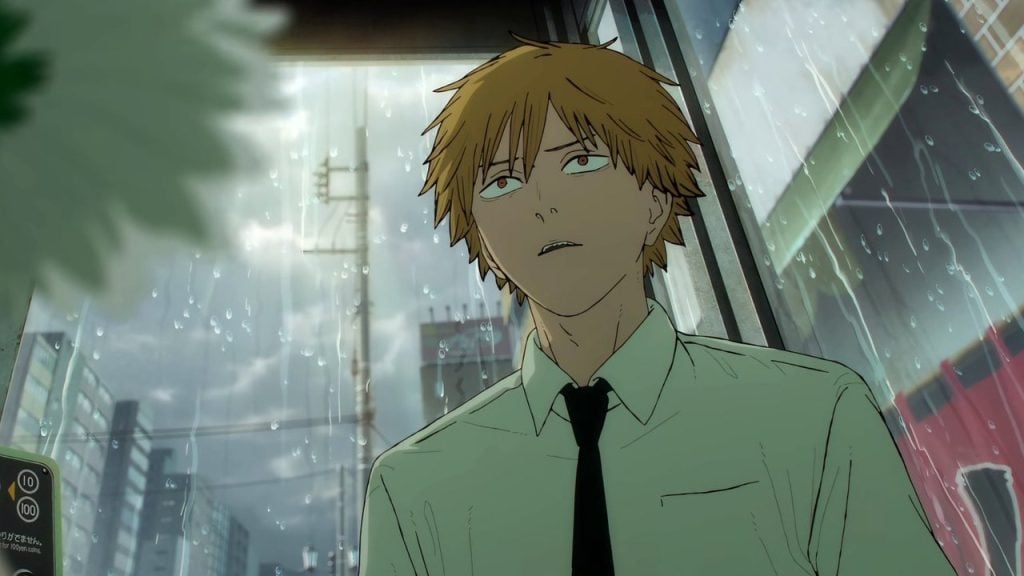
«Chainsaw Man: The Reze Arc» is undoubtedly an allegory, an epic fantasy adventure. But more than that, it’s a metaphor for an underestimated boy who, given a second chance as a supernatural being, is perfectly illustrated throughout his dramatic arc in this cinematic adventure.
Denji is merely a pawn on a board whose dimensions and consequences he can’t fully comprehend. Everyone wants to rip out his heart; his pet demon Pochita sacrificed itself and fused with him to revive him, providing him with powers from that fusion. Denji is, therefore, a hero constantly in the making. Viewed this way, this nascent hero, Chainsaw Man, is already carving out a place within the anime pantheon. And that’s saying a lot.
This story may also be resonating well at the box office and among younger generations because it unfolds not only in its action sequences. Like any good anime, it delves into charming melodrama, but on the right side of cute melodrama. The adolescent longing of a boy for a girl develops with time and care when Denji meets Reze: a beautiful young woman who inexplicably shows romantic interest in him.
It’s a coming-of-age love story, akin to a summer romance amidst an infernal apocalypse.
Does it work? Absolutely. And very well. The adolescent themes are handled with skill, but nothing overshadows the fact that this is a shōnen story, aimed primarily at young male audiences, but it subverts the norms of that subcategory to also venture into the realm of seinen, or more mature and complex narratives.
«Chainsaw Man: The Reze Arc» is spectacle cinema. Flash. Noise. Glitz. But it is by far better than any recent or current American blockbuster. More complex, more ambitious. Gourmet fast food. Authorial. Yum.
By Ernesto Garrat
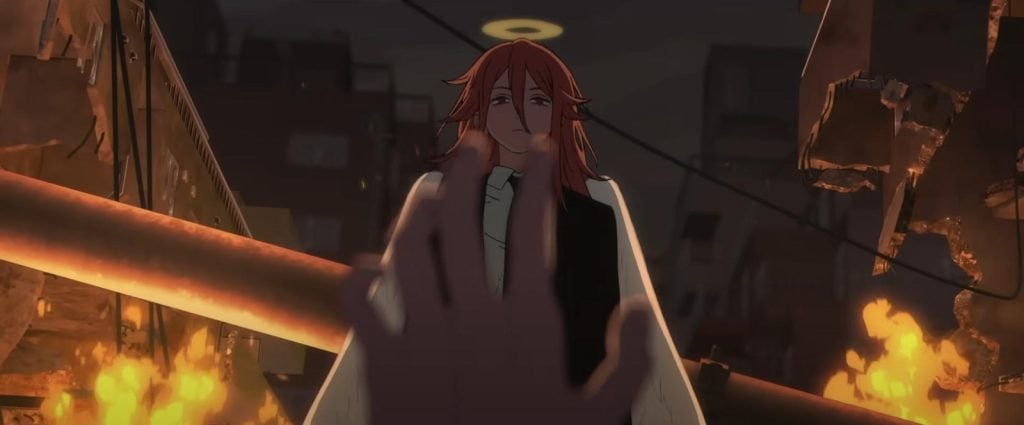
The Citizen
